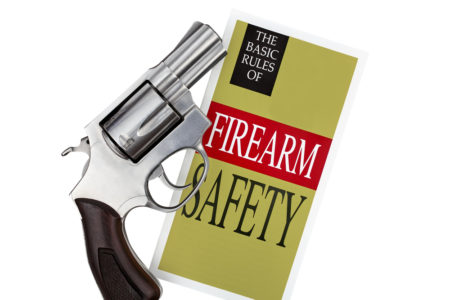What Does “Common Sense Gun Safety” Mean to You?

Like many other hot-button issues, the debate over the right to keep and bear arms is fueled in part by the fact that people have a hard time agreeing what they’re even arguing over. In recent years, prominent anti-Second-Amendment groups have learned to tone down some of their most controversial proposals. While they still advocate for many of the same ineffective and harmful policies, much of the civilian disarmament complex’s public messaging is now built around vague calls for “common sense gun safety.” After all, everyone wants more safety, and who could disagree with common sense?
The problem is, their definition of “common sense gun safety” is very different from ours. When those of us who actually own and regularly handle firearms think about gun safety, we think of concepts like indexing and muzzle discipline. Accidental shooting deaths are increasingly rare due to a strong safety culture among firearm owners. A recent trial by Ohio State University researchers had two groups of children, about ten years old on average, watch a one-minute video on either gun safety or car safety. One week later, the children were allowed to play in a toy room that secretly had two unloaded pistols hidden in a drawer. Children who had watched the gun safety video were significantly more likely to report the gun to an adult and significantly less likely to touch it or squeeze the trigger. Children who lived with firearms in the home were also markedly safer than those who did not, indicating that gun-owning parents pass teach responsible behavior to their children.
The results of that trial confirm what firearm owners already knew and have been saying practically forever—that children should be taught good safety practices early. Many grade schools across the country, particularly in rural areas, have long included archery, gun safety, and hunter education programs as part of their physical education classes. Last month, however, the Department of Education announced that it would be cutting funding to schools with any of those programs to comply with the Bipartisan Safer Communities Act of 2022, the most significant piece of federal gun control legislation since the 1990s. The BSCA has a line item that disallows federal funding for school programs involving “training in the use of a dangerous weapon,” which apparently includes programs that teach students how to be safer with bows and firearms.
Unsurprisingly, prominent gun control lobbying organizations have been completely silent on this. Everytown, Moms Demand Action, Giffords, and the Violence Policy Center all profess to advocate for “common sense gun safety,” but none of them actually work with the gun-owning mainstream to promote good safety practices. The NRA, National Shooting Sports Foundation, and especially San Diego County Gun Owners all offer various educational materials and workshops to teach people of all ages how to be responsible with firearms.
All of this reminds me of a conversation I once had with an anti-gun family member of a friend on the topic of gun safety education. We both agreed that teaching and modeling good safety practices around firearms can help children be responsible even as they grow into adulthood. After all, there is never any situation in which having less knowledge makes one safer. We even agreed that basic gun safety should be included in every grade school curriculum. Not to be shaken from her earnestly anti-gun beliefs, however, she lamented that this could never happen because, and I quote, “the ammosexuals would go ballistic.” She so enjoyed being morally outraged that she failed to realize that it’s us, the gun owners, who continually argue in favor of gun safety education.
Rampant hypocrisy from the civilian disarmament complex is nothing new, it just changes form. The more moderate (rather, uninformed) proponents of gun control should know that what seems like intransigence and paranoia from our side is rooted in knowledge of the past. Every fear of new gun laws being used to target legal firearm ownership has already been realized. So, to anyone still on the fence, I ask this: which side actually promotes gun safety?
